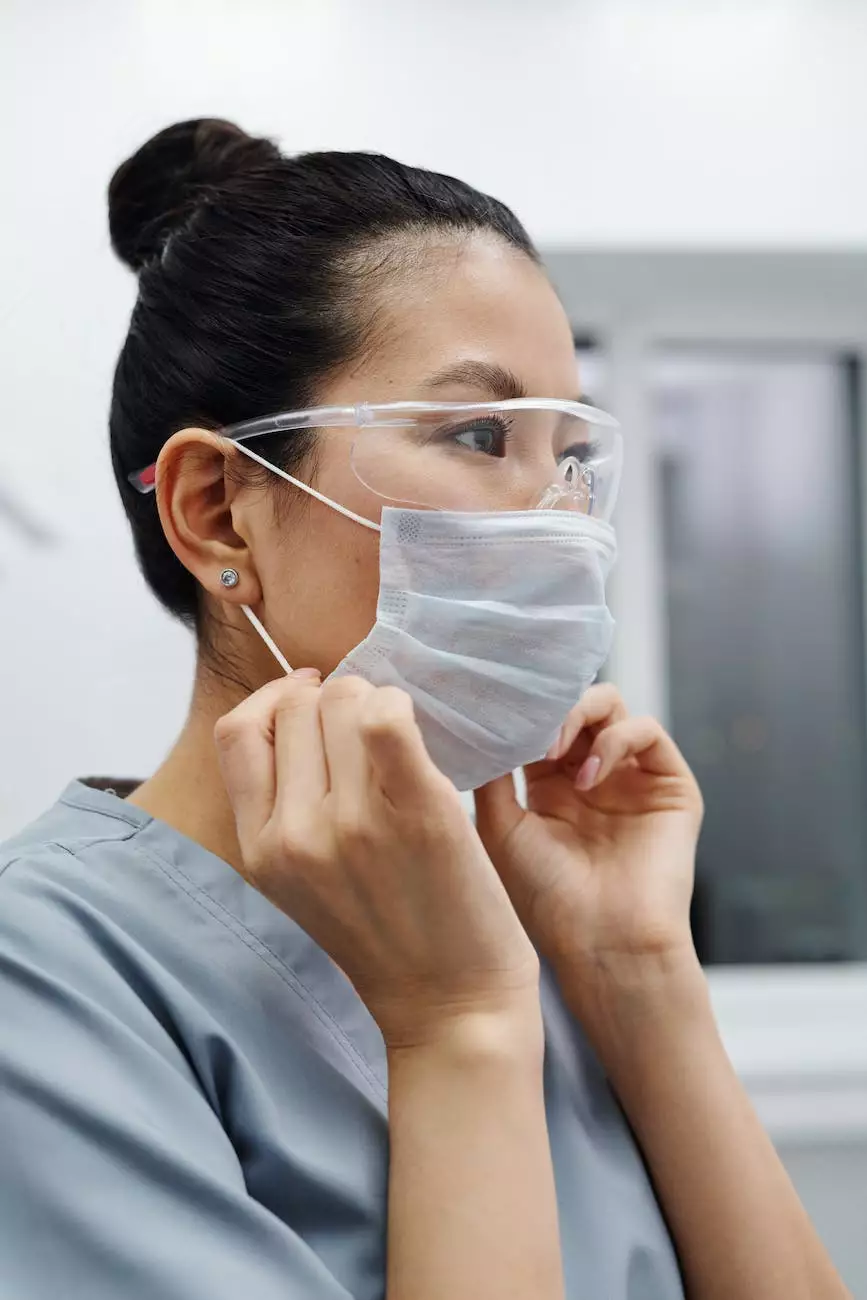Reducing the Risk of Cervical Cancer After Hysterectomy

When it comes to women's health, cervical cancer remains a significant concern. However, after undergoing a hysterectomy, the risk of developing cervical cancer can diminish. At DrSeckin.com, our team of expert doctors in Obstetrics and Gynecology is dedicated to empowering women with knowledge about the risk factors and steps they can take to further reduce their chances of developing cervical cancer after a hysterectomy.
Understanding Cervical Cancer and Hysterectomy
Cervical cancer occurs when abnormal cells grow in the cervix, the lower part of the uterus. A hysterectomy is a surgical procedure that involves the removal of the uterus, and sometimes the cervix. A hysterectomy can be performed for various reasons, such as treating medical conditions like fibroids, endometriosis, or abnormal bleeding.
While a hysterectomy effectively eliminates the risk of developing cervical cancer in the future, there are certain situations where the cervix may still be at risk. It is crucial to understand these scenarios and take appropriate measures to reduce any potential risks.
Types of Hysterectomy and Associated Cervical Cancer Risk
There are different types of hysterectomies, including total hysterectomy and radical hysterectomy. In a total hysterectomy, both the uterus and cervix are removed. This procedure eliminates the risk of cervical cancer altogether. However, in a radical hysterectomy, performed in cases of advanced gynecologic malignancies, the cervix and surrounding tissues, including lymph nodes, may also be removed.
In cases where the cervix is not removed during a hysterectomy (subtotal hysterectomy), or a radical hysterectomy has been performed, the risk of cervical cancer remains. It is essential for women who fall into these categories to be aware of the potential risks and take proactive measures to reduce them.
Reducing Cervical Cancer Risk After Hysterectomy
Although the risk of cervical cancer after hysterectomy is generally low, it is still essential to take appropriate precautions. Here are several measures women can take to further reduce their risk:
1. Regular Gynecological Exams
Even after a hysterectomy, it is crucial to continue attending regular gynecological exams. While the risk of cervical cancer is significantly reduced, there is still a possibility of other gynecologic conditions. Regular check-ups can help detect any abnormalities early on and allow for proactive management.
2. HPV Testing and Vaccination
Human Papillomavirus (HPV) is a sexually transmitted infection that plays a significant role in cervical cancer development. It is recommended to undergo HPV testing to detect any high-risk strains that may be present. Additionally, women who have not received the HPV vaccine should discuss it with their healthcare provider to protect against potential future infections.
3. Lifestyle Modifications
Maintaining a healthy lifestyle can have a positive impact on overall health, including reducing the risk of cervical cancer. This includes a balanced diet rich in fruits and vegetables, regular exercise, avoiding tobacco products, and practicing safe sexual behaviors.
4. Ongoing Communication with Healthcare Provider
Open and honest communication with your healthcare provider is crucial. Regularly discussing any concerns, symptoms, or changes in your health can help identify and address potential issues promptly. Your doctor can provide personalized recommendations based on your specific medical history to further reduce the risk of cervical cancer after a hysterectomy.
Conclusion
While undergoing a hysterectomy reduces the risk of cervical cancer, it is important to be aware of the potential factors that may still contribute to this condition. By staying informed, taking necessary precautions, and maintaining regular communication with your healthcare provider, you can further mitigate your risk of cervical cancer after a hysterectomy.
At DrSeckin.com, we specialize in Obstetrics and Gynecology, focusing on women's health and well-being. Our team of expert doctors is committed to providing the highest quality care and empowering women with the knowledge they need to make informed decisions about their health.










